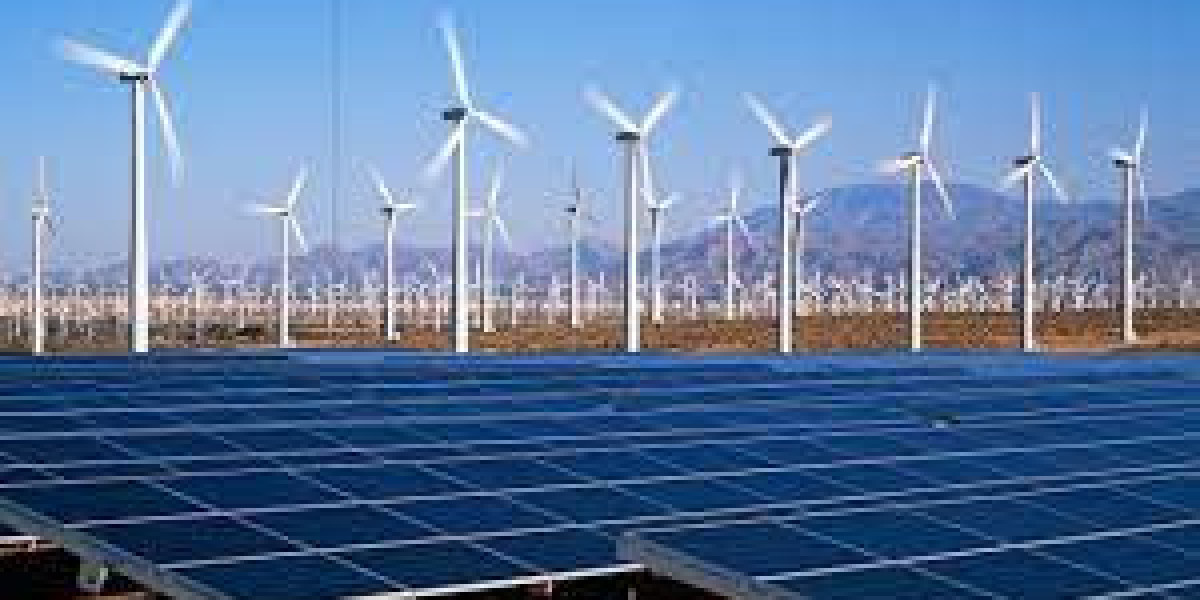Renewable energy systems are revolutionizing the way we power our world, offering sustainable alternatives to traditional fossil fuels. From solar and wind to hydroelectric and geothermal, renewable energy sources harness the natural energy of the Earth to generate electricity, heat, and power. This comprehensive guide delves into the diverse world of renewable energy systems, exploring their benefits, applications, and the role they play in shaping a cleaner and more sustainable future.
Renewable Energy Sources:
Renewable energy systems utilize naturally replenished resources such as sunlight, wind, water, and heat from the Earth's core. These sources are inexhaustible and environmentally friendly, making them ideal alternatives to finite fossil fuels.
Types of Renewable Energy Systems:
- Solar Energy: Harnessing sunlight using photovoltaic (PV) panels or solar thermal collectors to generate electricity or heat water.
- Wind Energy: Utilizing wind turbines to convert kinetic energy from the wind into electricity.
- Hydroelectric Energy: Generating electricity from the flow of water through turbines in dams or rivers.
Benefits of Renewable Energy Systems:
Environmental Sustainability:
Renewable energy systems produce minimal greenhouse gas emissions and have a significantly lower environmental impact compared to fossil fuels. By reducing reliance on fossil fuels, renewable energy helps mitigate climate change and protect natural ecosystems.
Energy Independence:
Renewable energy systems offer greater energy independence by diversifying energy sources and reducing dependence on imported fossil fuels. Locally sourced renewable energy promotes energy security and resilience, especially in remote or off-grid areas.















